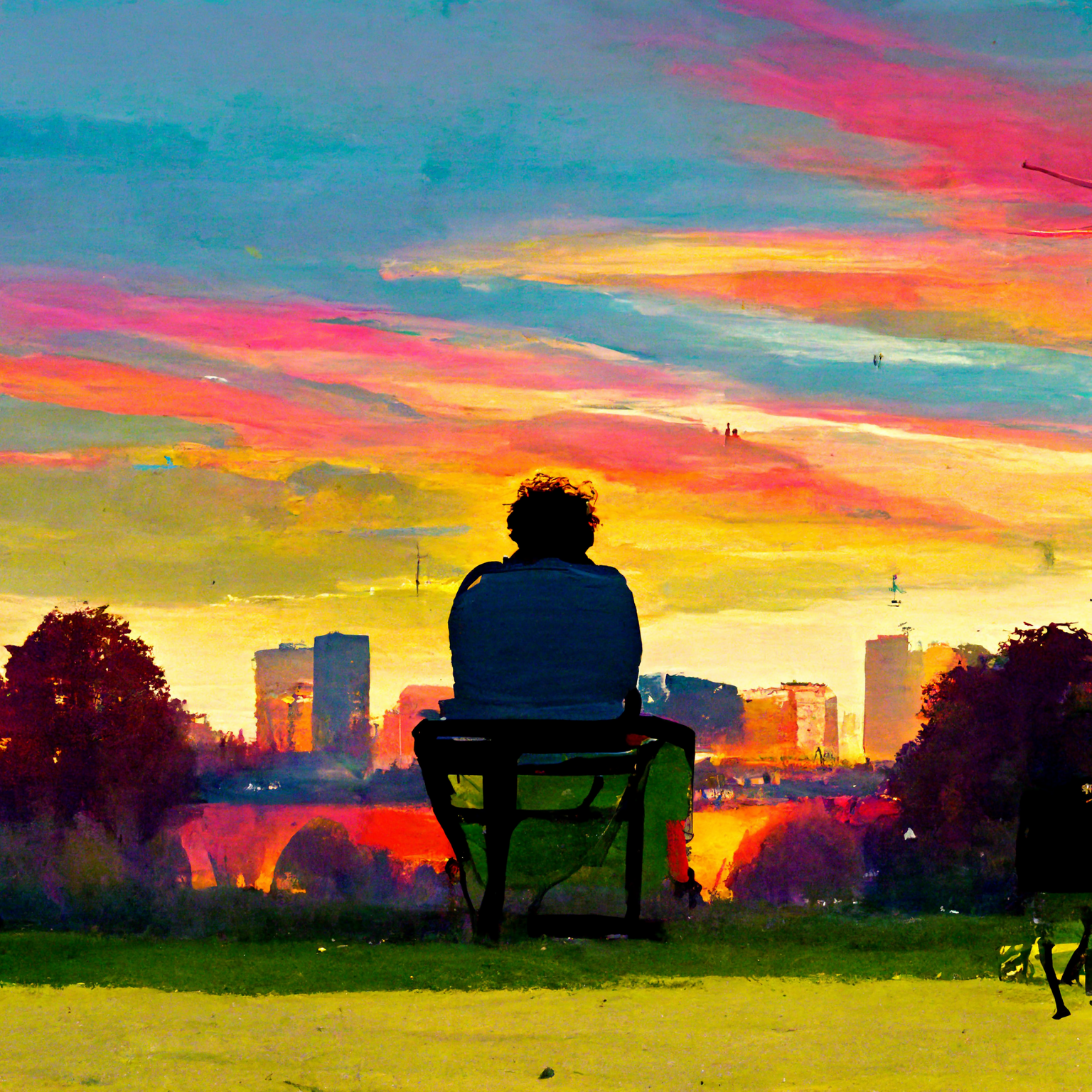Ideas on exploring the unknown
And how thinking like a child helps.
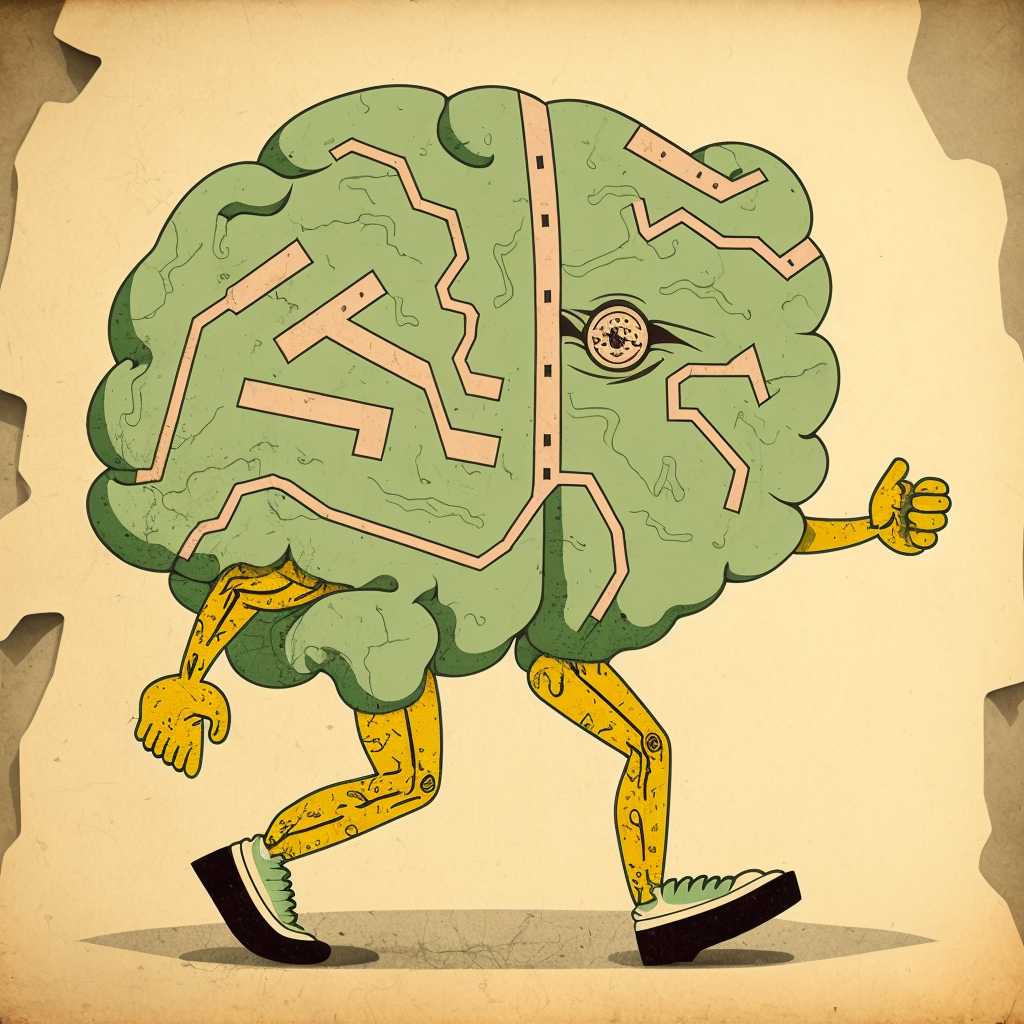
It is easier psychologically to feel comfortable than it is to feel out of one's depth. It sometimes seems like a cruel joke, then, that most learning, growth, and development comes from exploring what we do not yet know. If a baby did not explore unexplored territory, for example, they would never learn to walk, talk, or grow into a moody teenager that listens to drum and bass - and hates homework.
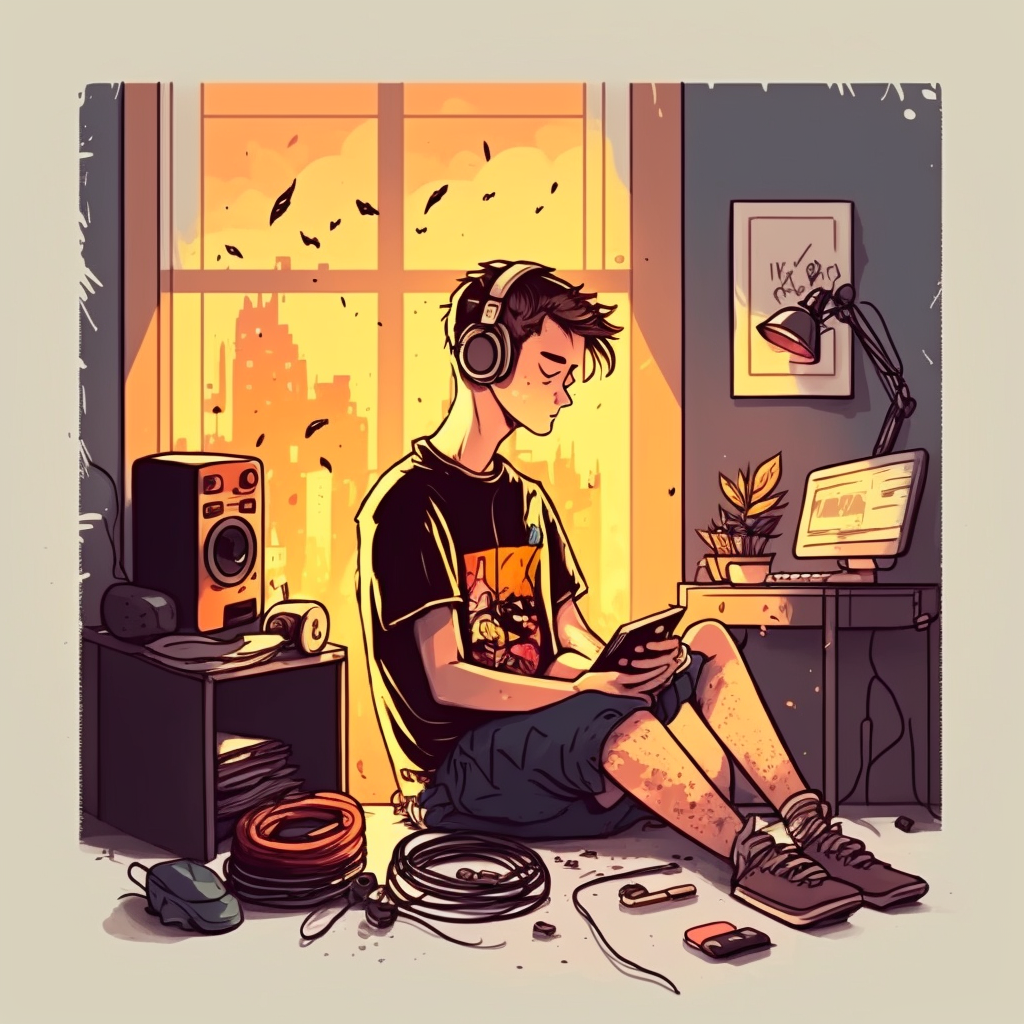
I wish I could recapture this childlike mindset more often. A mindset that just looks at the world and says: I'm going to see what you do and how you work. A mindset that doesn't really have many built-in social assumptions or expectations or an internal self-critical dialogue (one which might say: other people are better than you, you don't know what to do, you're not good at this).
In contrast, our adult looks to their peers and notices how other people are already expert in a field. The adult then judges oneself harshly for not being on the same level as others. They are afraid to ask questions for fear of what others might think and they are scared to try out new things for the same reason. Where the baby is brave and just tries things out, the adult stops to think. In that place, in mental pausing and thinking, is where internal judgement, feeling stupid, and becoming overly personally conservative meet. After some thought - I'll play it safe, I'll do what I did before, I won't try that out, the adult thinks.
But what worked before won't work now. The comfort we find in past experience is good sometimes, but it's useless for new territory where we don't the know the rules or how things work. To explore new places is helped by a childlike mindset. A mindset that just does things, tries things out, and isn't afraid of looking stupid. This attitude is one that makes adults the world over smile and laugh. It's one that I want to experience more of. And it's how development of any kind happens.

After all, in any new situation, no child or adult will know what to do. How could they? One answer is to explore what's new. So here's what adults can learn from children: there is no point in exploring something new with a self-defeating attitude. Much better is to explore novelty with the openness, curiosity, and bravery found among the world's children. When a baby learns to speak, it does not punish itself for saying gaga instead of papa. Of course, that would be ridiculous. Of course, it's what most adults do internally when exploring something new.
So I'm working as a Children's Emotional and Behavioural Psychologist, essentially a talking therapist. And I'm new to it. With that comes the self-critical and scared-of-new-things dialogue of an adult brain. To make things worse, I'm aware that there's evidence suggesting that roughly half of the kind of therapy I'm doing isn't that effective (1), that talking therapy isn't always the way to help others (2), and I know that this kind of thing just isn't for everyone. Talking to the young people I often feel out of my depth and unsure about what to do, say, or suggest.
From this, it is very easy to slip into the scared-of-new-things mindset. That is, the other people are better than you, you don't know what you're doing, you're not good at this sort of thinking. From this network of thoughts, giving up is a thought not far off. Curiously, this route leads back to comfort and does nothing to further me personally (or the development of better ideas on how to help young people in distress). So the childlike mindset is something I try to remind myself when I'm out of my depth and my conservative brain wants to keep me safe, comfortable, and stuck in the same place.
Adult brain, you are very wise and intelligent; you have done many exams and have learnt many things. But man, you've forgotten a lot of important lessons from childhood. You've forgotten that decision making is often about experimentation. Just try things and see what happens. Explore, learn, improve. And do it without all the negative mental baggage that comes with adulthood. To all the children I've worked with over the last year, thanks for reminding me about how to explore new things!
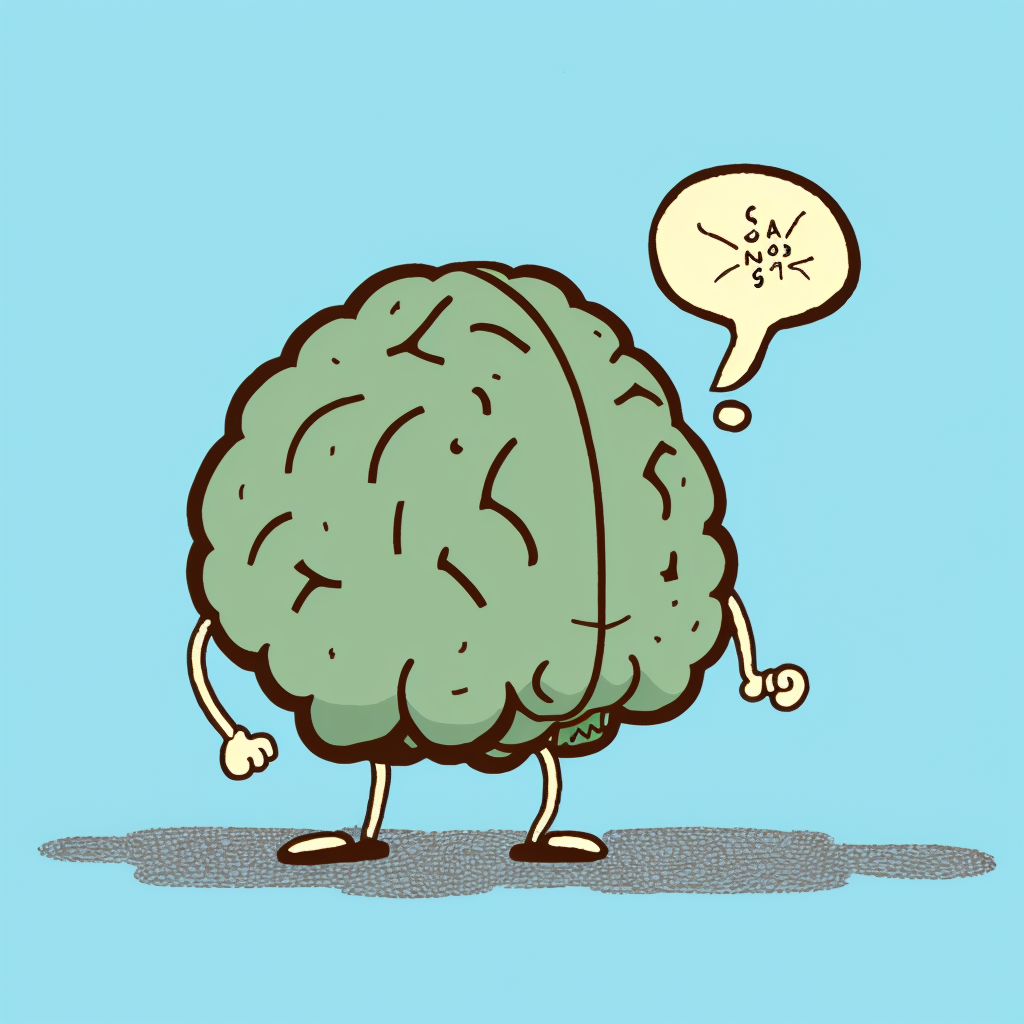
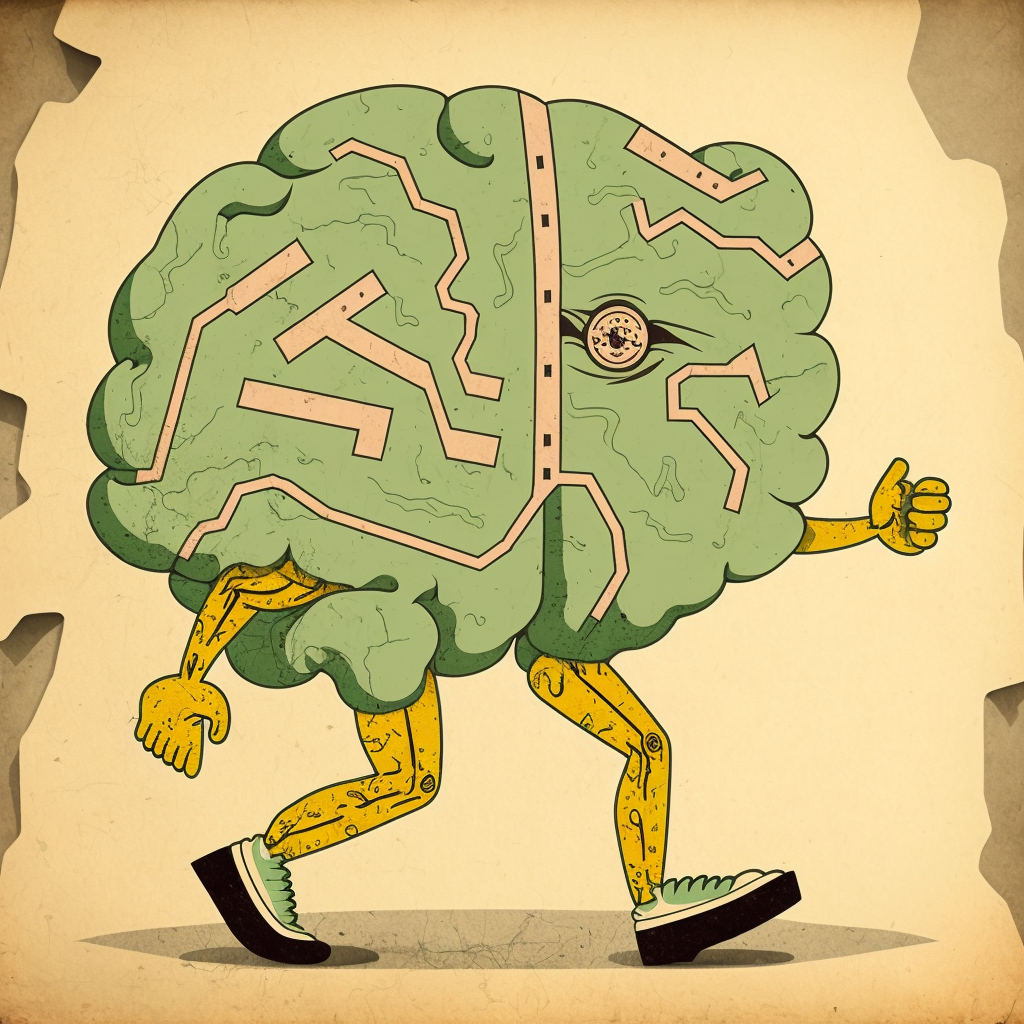
References
1) Paper titled: The Effects of Cognitive Behavioral Therapy as an Anti-Depressive Treatment is Falling: A Meta-Analysis. Paper accessed below:
2) Bessel van der Kolk's The Body Keeps the Score. Some experiences that happen to people are deep and require a deeper kind of treatment that language cannot really capture. Where talking therapy isn't effective, other things may work, like: EMDR, Yoga, Neural Feedback, Theatre, and even psychedelic-assisted therapy may be useful. As discussed in the above book, and in the below YouTube video:
